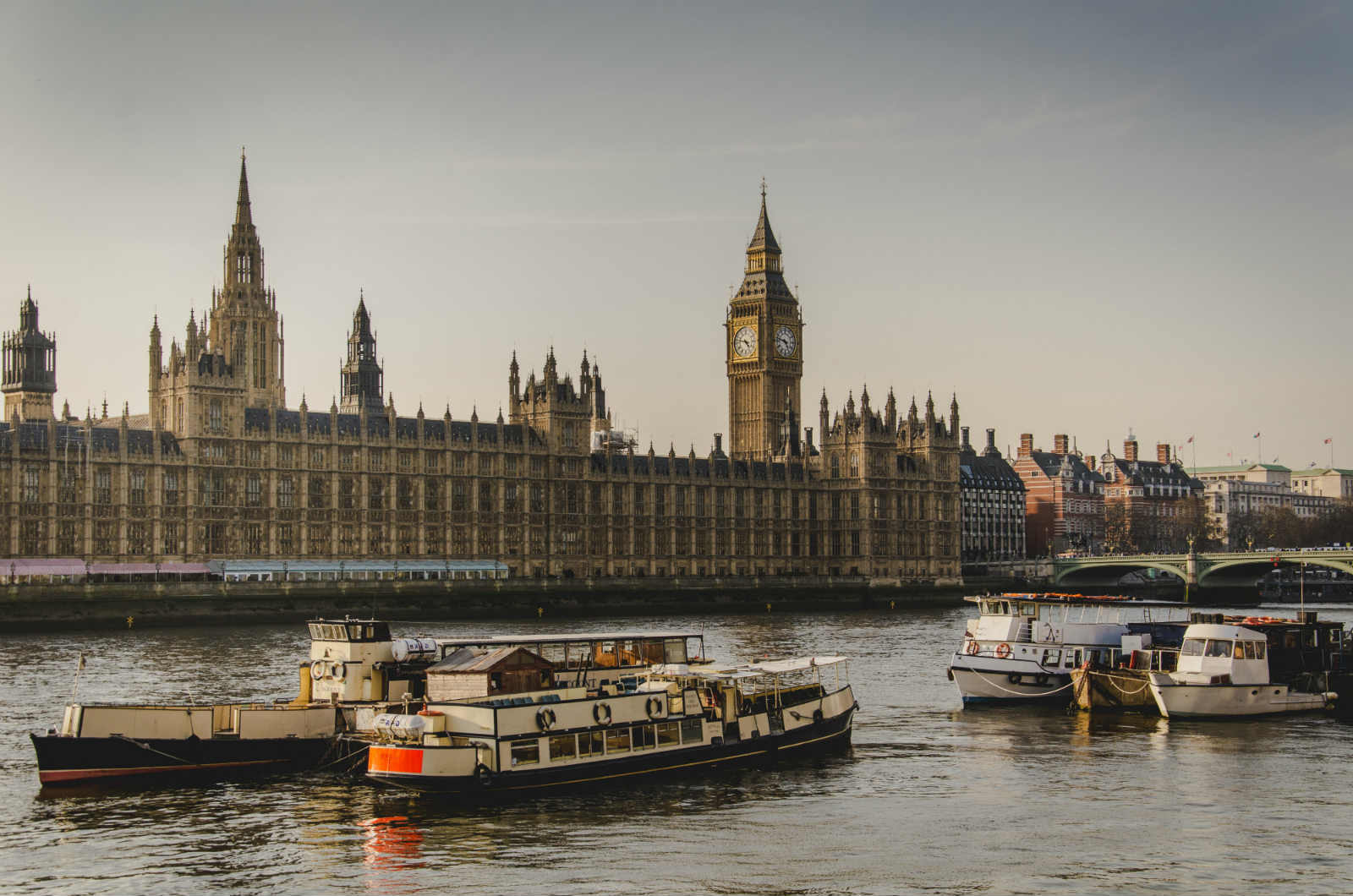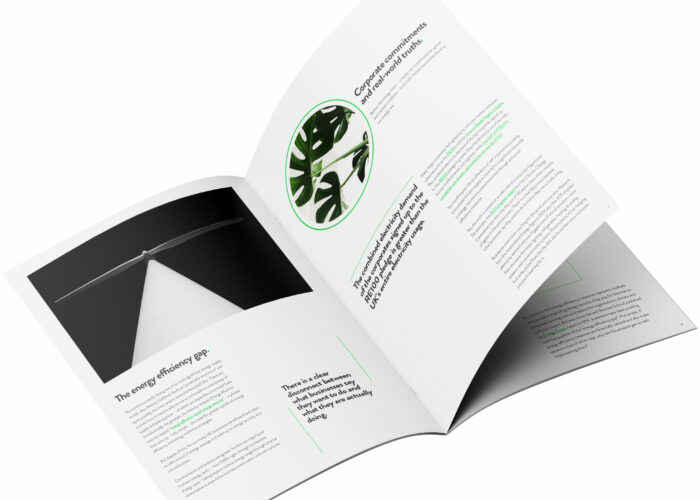The 2019 General Election is officially underway, with politicians of all colours off in search of votes. At stake is not only the future of Brexit but of fiscal policy, our response to climate change and more besides. The UK economy looks pale and weak in contrast to the frenzy of activity amongst would-be-MPs. Business surveys suggest that output stagnated in October, while the Bank of England downgraded its growth forecasts, prompting two Monetary Policy Committee members to vote in favour of an immediate 0.25% rate cut.
Dissent. What a difference a few months make. Two Monetary Policy Committee (MPC) members, Michael Saunders and Jonathan Haskell, surprisingly voted for a 0.25% Bank Rate cut last week. The rest supported leaving policy on hold; the first MPC split since June 2018. The Bank of England’s Monetary Policy Report (formerly the Inflation Report) is cautious about the UK economic outlook, shaving its medium-term growth forecasts due to increased Brexit-related uncertainty and weaker global demand. Consumer spending is expected to remain resilient but the outlook for investment remains clouded by uncertainty. Still, the BoE’s probability of a UK recession in 2020 dropped to around 20%, from 30% three months ago.
Feeling flat. The UK economy remains distinctly off colour according to the latest PMI health check. Last month the private sector notched up its third successive fall in activity; something not seen for 10½ years. Granted, the scale of current declines is modest relative to 2009. October’s all-sector PMI reading of 49.5 was only marginally below the expansion threshold of 50. The services sector performed best, with activity remaining flat. Meanwhile, manufacturing’s rate of contraction was modest. Not so for construction, where activity fell at a rapid clip (44.2). Given that construction continues to report the steepest decline in new orders, they will be eager for a fiscal stimulus to provide a much needed boost.
Re-writing the rulebook. Those hoping for a public spending bonanza may not be disappointed. Chancellor, Sajid Javid, has re-written his fiscal rules to allow a future Conservative government to borrow up to 3% of GDP to invest (potentially worth £22bn a year). Labour would go much further still, pledging £55bn more capital spending per year; enough to double public investment, even before spending on nationalisation plans is factored-in. Both Parties argue that their proposals are sustainable, pointing to promises to balance the current budget (in the future) and cap debt interest payments. But whoever wins the election, the national debt looks set to soar.
International shipping solutions. Chinese exports declined for the third straight month in October, falling 0.9% from the same month in 2018. Yes, tariffs are hurting, but so too is the weakest pace of global growth since the crisis. At least there was some news that may herald better times ahead. The US and China appear to be moving toward a truce, or a “phase one” agreement. It’s a short-term market positive and supportive of economic forecasters pencilling in a better 2020 (not to mention Presidents seeking re-election!). But is it little more than a sticking plaster for some fundamental disagreements?
Cautious Start. Christine Lagarde had defended ECB monetary policy and called out Germany and Netherlands for their budgetary policies less than a week ago. However, in her first speech as ECB president, she avoided touching any such controversial topic. While few expect her to deviate from the current course, she steered clear of discussions on monetary policy. Her decision to speak in Germany and to honour Wolfgang Schaeuble, a key ECB critic, in her speech indicate willingness to work collaboratively with all sides.
Decarbonising. According to recent polls, a majority of the public want the UK to have net-zero emissions by 2030; 20 years earlier than the government target. Between 1990 and 2018, greenhouse gas (GHG) emissions intensity for the UK fell by two-thirds. During the same period GHG emissions intensity of the energy supply industry fell by 69% and acid rain precursor emissions intensity, by 88%. Only four European countries (Sweden, France, Luxembourg and Austria) reported lower GHG emissions intensity. Now, to approach net-zero emission by 2030 we only have to increase the average rate of decarbonisation 5-fold…
A goal fest. Spanning 244 indicators, the UN’s Sustainable Development Goals are a tough ask. And that’s just measuring them. So how does the UK fare? Therein lies the problem. However noble the intention, the barrage of goals makes it hard to judge cleanly. It’s also deeply political. So, the UK can point to lower working age poverty or show that more of us are eating our five-a-day. Yet it’s less sure-footed on child poverty or regional inequalities in childhood obesity. In short, the UK does okay, but where you’re from still shapes your life chances too rigidly for comfort.




